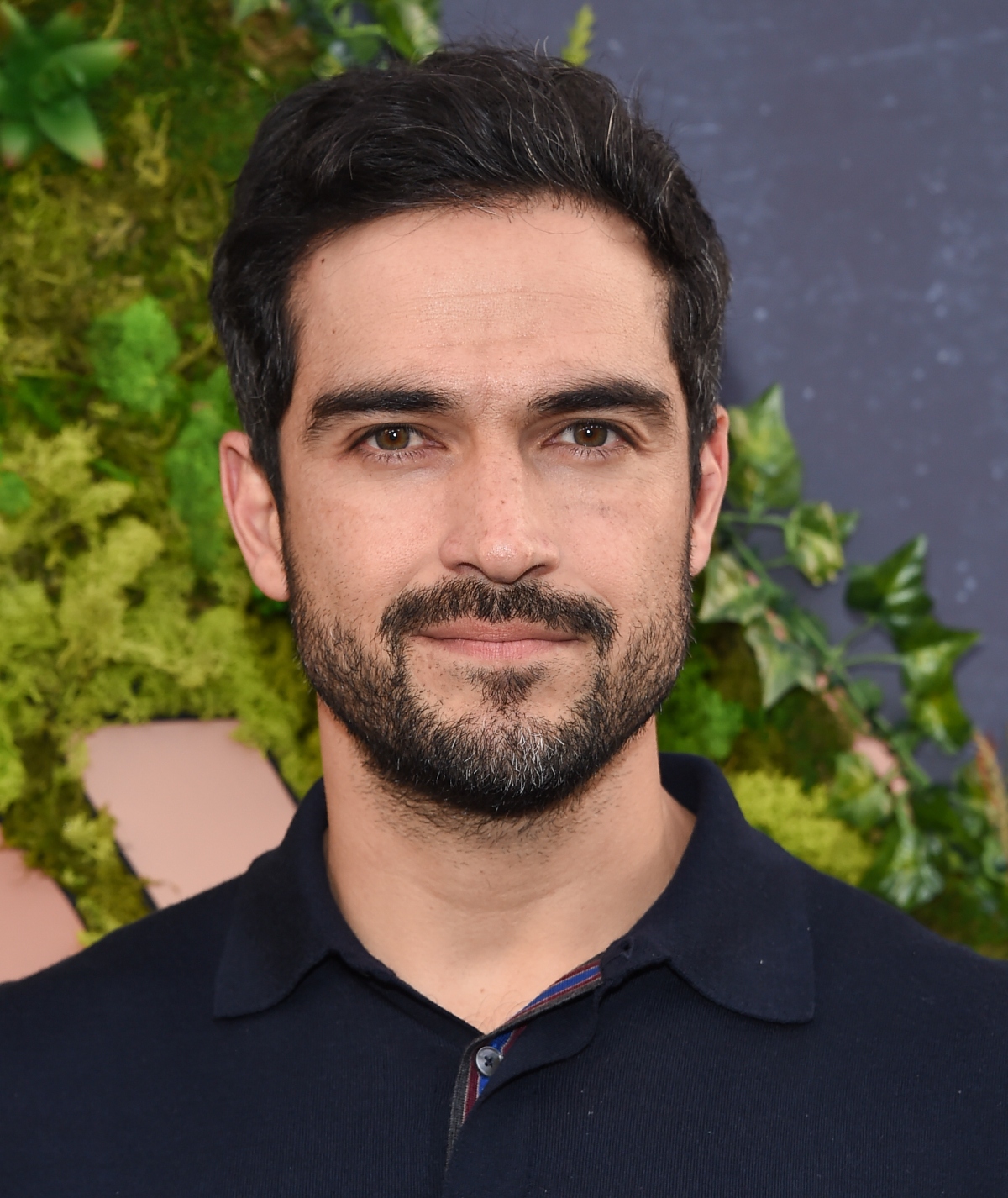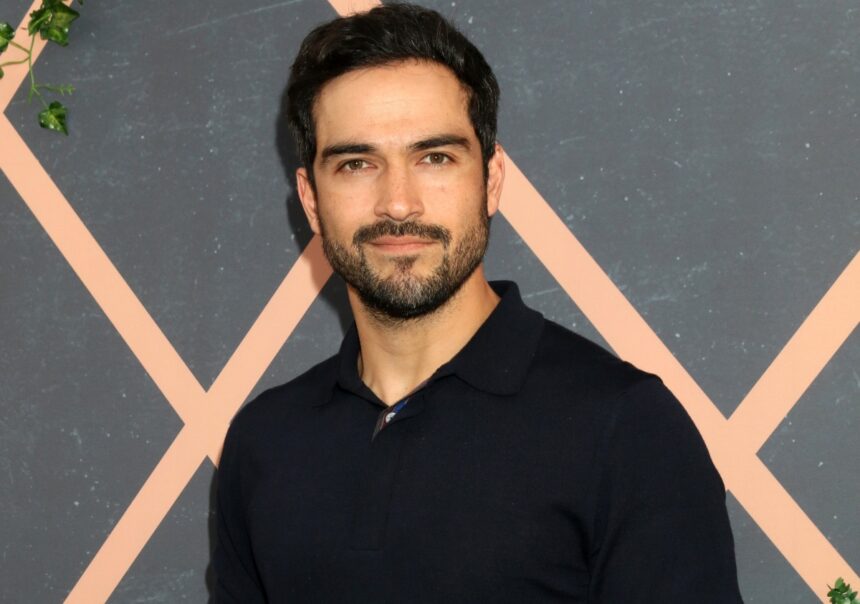Adapting an erotic novel to film such as ‘Tesis sobre una domesticación’, by Argentine author Camila Sosa Villada, usually involves the interpretation of numerous sex scenes, although for Mexican actor Alfonso Herrera the complexity does not lie in “taking off his clothes” in front of the cameras, but in providing the characters with “verisimilitude” in order to be able to “open up emotionally”.
“It’s a much tougher challenge to open up and explore yourself emotionally than to take your clothes off in front of the camera. It’s much more complicated to try to make scenes that are plausible and at the same time go hand in hand with the story,” the artist tells EFE.
In the film, Sosa plays a transsexual actress who, after numerous successes in her career, meets a homosexual lawyer (Herrera) with whom she begins a relationship and a life project, although desire and the protagonist’s own personality will prevent them from building the life they plan.
For the Mexican actor, known for films such as ‘El baile de los 41’ (2001) or ‘La dictadura perfecta’ (2014), this feature film is “risky but necessary”, because it alters the narrative on transsexual identity, which often takes a “documentary or pitiful angle”.
The writer Camila Sosa rose to fame for her novel ‘Las Malas’, an autobiographical story in which she narrates her youth as a “transvestite” woman and prostitute in the streets of her native Córdoba (Argentina), a phenomenon that was first published on the Internet and later collected in a book currently published by the Tusquets publishing house.
These “much more grounded” scenes and situations help break down prejudices about sexuality, often reinforced by “fiction,” explains the 42-year-old actor, and trivialized in the face of what he considers to be one of the pillars of personal relationships.
Alfonso Herrera’s views on sexuality

“Whether we want it or not, sexuality is a very important thing in virtually all couples. It also raises the question of what the limits are. Between the sexuality of each person in the couple there can be a balance and an empathy that allows it to exist,” she reflects.
Although the book and the film contain a high erotic content, for Herrera Sosa’s “thesis” really lies in “what is involved in being in a relationship”, but especially in how “the social context and prejudices” affect a couple and third parties regardless of whether it is an “LGBT relationship or not”.
Sosa starred in this story inspired by his life, but decided not to direct it, he did so with Argentine director Javier Van de Couter and Herrera affirms that the artistic team was “very generous and enriching” during the filming.
“Camila is one of the most necessary and daring pens in the region. She is a tremendously acid pen (…) I remember seeing her sitting down and we were passing her dinner and she would see us and think: ‘Could it be that she thinks we are destroying her work?
On the experience of working on a co-production between Mexico and Argentina, Herrera highlights the cinema of both countries which, although unfortunately suffering “certain setbacks due to external issues” -such as the low support of the current government of Argentine President Javier Milei for culture- continues to be “a very powerful industry”.
“The good and the bad is that nothing is forever. Let’s hope that this passes. At the end of the day it’s the same fierros, it’s committed people trying to tell a story in the best possible way,” he concludes, reported Agencia EFE.
Find out more at ‘QueOnnda.com’.






















